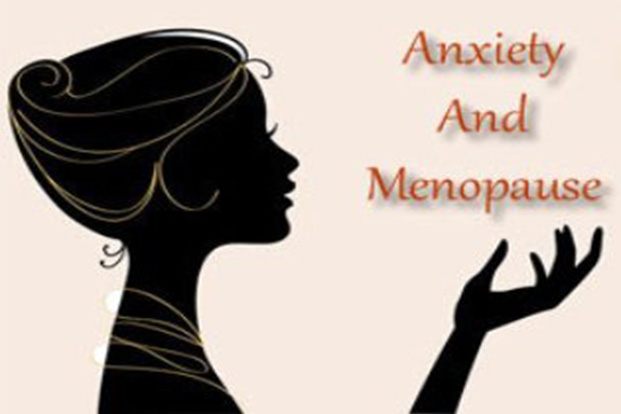Connection between Menopause and Anxiety
Apr 19, 2022
Menopause brings the hormonal changes after 40-45 years of age in women. Anxiety is the second common disorder after mood swings which is seen in menopause. Anxiety and a general feeling of nervousness are some of the most common symptoms of menopause & can be even more undermining than hot flushes or night sweats. Menopause anxiety is very common and often one of the most difficult symptoms of menopause. Peri-menopausal women who led good healthy mental health may experience symptoms of anxiety and depression during this period or few years before the actual menopause. And if someone has a prior history of anxiety, their symptoms may get worse. A significant decrease in estrogen levels many at times leads to anxiety as suggested by various scientists across the world.

What is anxiety?
Anxiety is a psychological state characterized by excessive & persistent worry, unnecessary mental stress, and nervousness at times. In today’s world, if a woman is concerned about postmenopausal effects like most important anxiety, its various manifestations, its symptoms and causes and she if understands these aspects of anxiety, this can be the best way to manage anxiety during menopause.
How to manage anxiety?
The best advice for women suffering from Anxiety in menopause can be treated by implementing lifestyle changes and following the given steps:
- Learn Stress Management Methods
- You should eat more complex carbohydrates
- Regular Yoga and Pilates
- Consuming estrogen-boosting foods in diet
- You can avoid alcohol, tobacco, caffeine, isolation, high-stress levels and isolation.
Medical Treatment for Anxiety:
In severe cases Anti-anxiety medications (called anxiolytics), Mild sedatives, Hormone replacement therapy (HRT).
Understand that managing anxiety is a continual approach:
Another problem to consider is that not all panic attacks or anxiety will go away after menopause is over. Many people will still be prone to these attacks or at the very least some residual anxiety that can last if the person doesn’t get help.
That means that addressing your anxiety today is important. You’ll need to find a long-term strategy that works for you, based on the symptoms you’re experiencing. Even if you have hormonal anxiety (meaning, your anxiety is 100% caused only by your hormones) you can still control it with the right anxiety reduction techniques
Save








